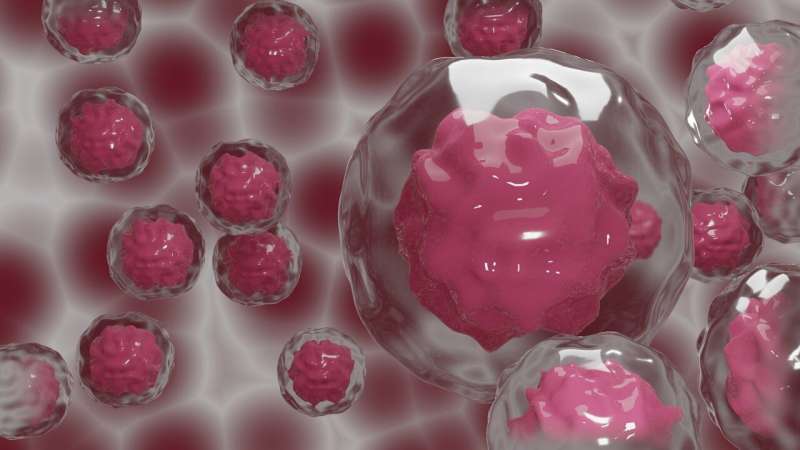These dendritic cells play a central role in triggering and sustaining immune responses against tumors. They are notoriously scarce in the human body and difficult to isolate in large numbers. The Mount Sinai team’s new serum-free culture system enables the production of nearly 3 billion functional cDC1s from just 1 million hematopoietic stem cells (HSCs) derived from cord blood—a feat never before achieved.
“This is a major step toward the creation of universal cell-based cancer vaccines,” said senior author Nina Bhardwaj, MD, Ph.D., Ward-Coleman Chair in Cancer Research and Director of the Vaccine and Cell Therapy Laboratory at the Icahn School of Medicine at Mount Sinai. “Conventional type I dendritic cells are essential for mobilizing the immune system to fight cancer, but they’re almost impossible to obtain at scale. We’ve now overcome that barrier.”
Unlike other types of dendritic cells, cDC1s possess a unique ability to cross-present tumor antigens, an essential mechanism for activating cancer-fighting T cells. Their presence in tumors strongly correlates with better patient outcomes and successful response to immune checkpoint inhibitors. However, their quantity and function are often diminished in cancer patients.

